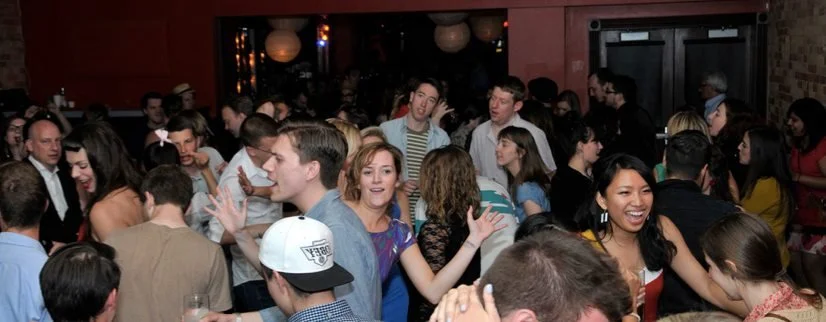My migration story begins at the young age of four. Like many new immigrants to Canada, my family and I moved to an apartment in Scarborough when we first arrived from the Philippines. As of the latest census, more than half of Scarborough’s residents were born outside of the country with visible minorities making up 76.6% of the population.
After a few years, we moved to a bigger home in Markham, a suburb outside of Toronto that is often hailed as Canada’s most diverse community with visible minorities representing 77.9% of the population. I grew up in this city and spent the majority of my life there.
I’ve always felt immensely fortunate to have grown up in such culturally rich communities with friends who were born elsewhere or whose parents’ or grandparents’ were born elsewhere. After-school hangouts at their homes always made for a delicious time with diverse dinners and exposed me to a beautiful medley of accents from around the globe. I credit my early upbringing with much of the work that I do now with Living Hyphen.
But somewhere along the way, I got lost in a sea of whiteness.





